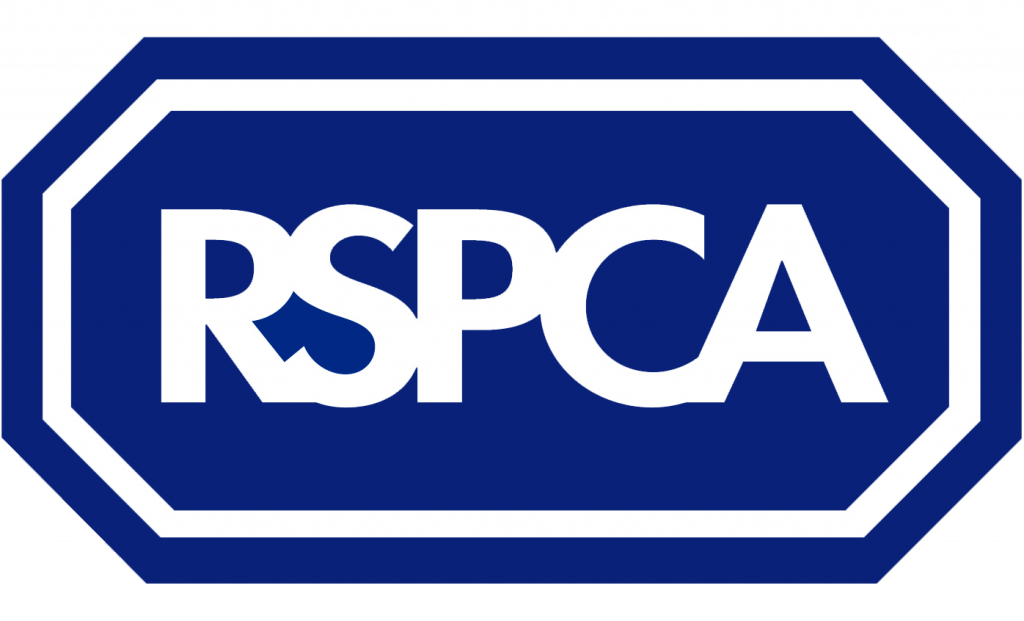

The RSPCA has launched a new strategy of increased partnership working in a bid to “bring an end to the decade-long horse crisis”. The crisis is believed to have been sparked by the 2008 financial crash and the charity’s senior equine clinician Roxane Kirton said it has now become a “horse catastrophe”.

At its height, the RSPCA had more than 900 equines in its care. That number reduced to 673 during 2020 through a surge in demand for rehoming and transferring some equines into the care of other charities.
Ms Kirton said the charity has an “excellent working relationship” with members of the National Equine Welfare Council and is looking to step up its collaborative work with other charities.
“Despite our numbers reducing we are still as committed as bringing an end to the horse crisis which has turned into a horse catastrophe,” she said.
“As the name of our new strategy [Together for Animal Welfare] suggests, we know we are more powerful when we act with others than on our own. We remain positive that this is something we can get a grip on if we work together.
“Education and changing the attitudes and behaviour of some horse owners is also vital for solving this dreadful problem, and we have some fantastic educational initiatives between us as charities that I’m confident will pave the way for a better future for our horses.”
The 10-year strategy sets out eight aims to “change life for the better for all types of animals both in England and Wales and abroad”. These include reducing cruelty by half, achieving statutory powers for RSPCA inspectors and securing the adoption of a universal declaration on animal welfare by the United Nations.
“Like all charities, we’ve faced unprecedented challenges in the past year due to coronavirus and our strategy reflects that,” said chief executive Chris Sherwood.
“But at a time of enormous change and uncertainty about the future, there are some things we can depend on. The RSPCA is one of them. We will rescue and protect animals for as long as they need us.”
